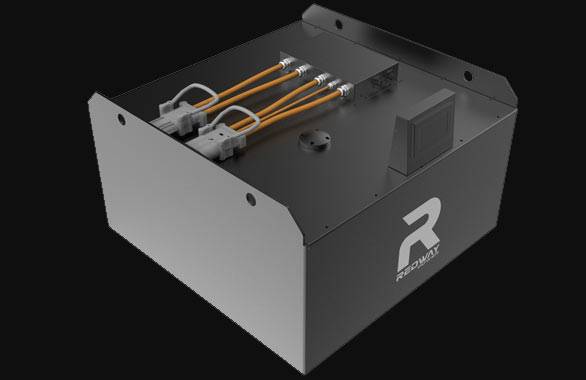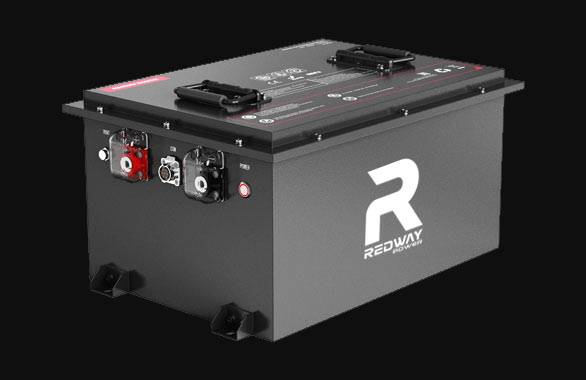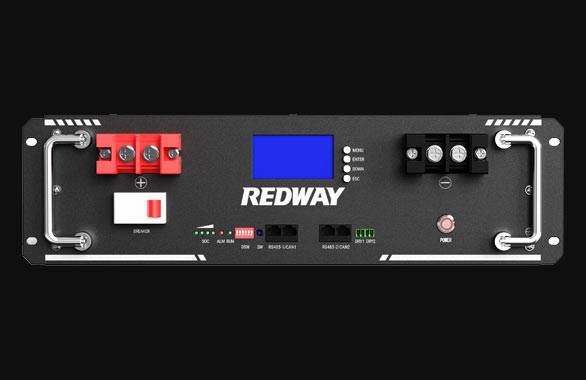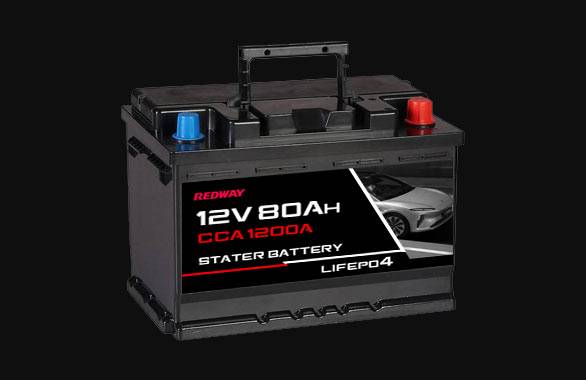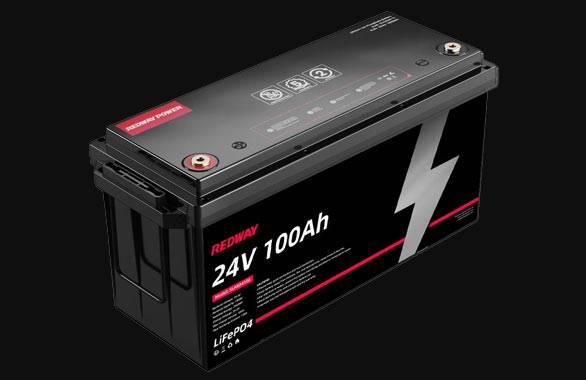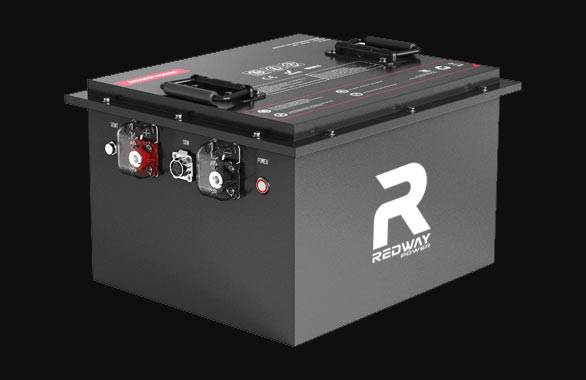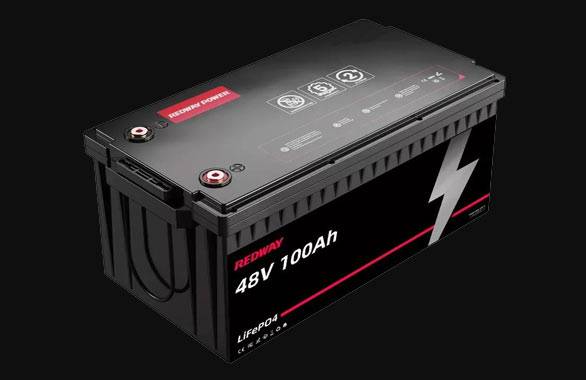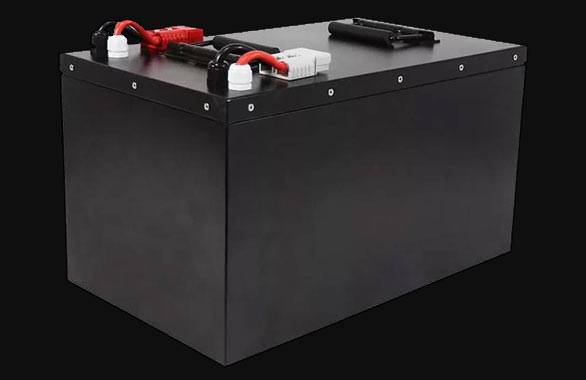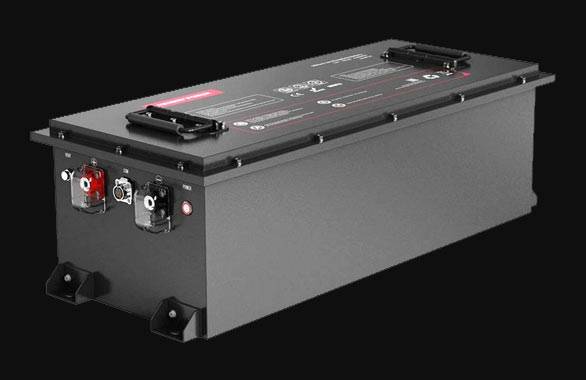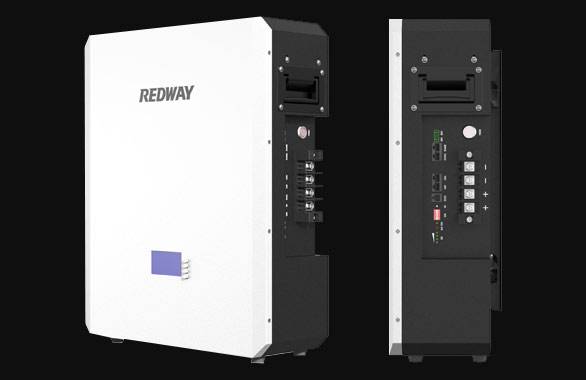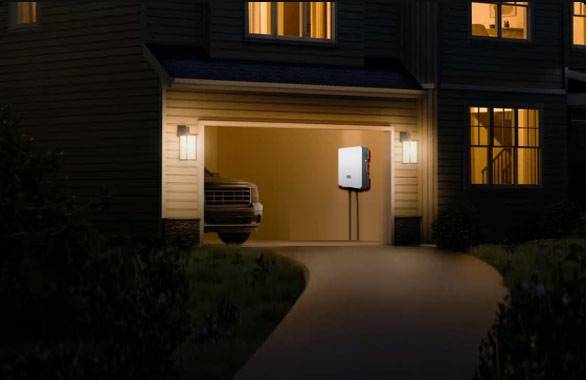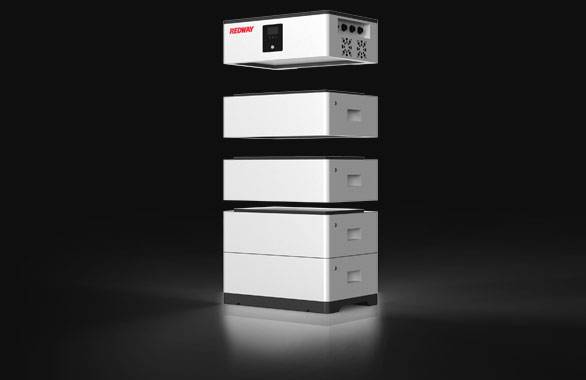- Forklift Lithium Battery
- Golf Cart Lithium Battery
- Rack-mounted Lithium Battery
51.2V 100Ah Rackmount LiFePO4 Battery
8000 times (80% DOD 0.5C)
Optional SNMP for TELECOM - Car Starter Battery
- 12V LiFePO4 Battery
12V 150Ah Lithium RV Battery
Bluetooth App | Self-heating
LiFePO4 | Group 31
UL 1642 | IEC 62619 - 24V LiFePO4 Battery
- 36V LiFePO4 Battery
- 48V LiFePO4 Battery
- 60V LiFePO4 Battery
60V 100Ah Lithium Battery (AGV, AMR, LGV)
Peak Discharge Current 400A
500 x 298 x 349 mm - 72V~96V LiFePO4 Battery
72V 100Ah Lithium Golf Cart Battery
Peak Discharge Current 315A (10S)
740 × 320 × 246 mm - Wall-mounted Lithium Battery
51.2V 100Ah 5kWh
Wall-mounted Battery532 x 425 x 170 mm / LiFePO4
>8000 Cycles (80% DOD 0.5C)
RS485 / CAN-bus
for Solar Home ESS - Home-ESS All-in-One
51.2V 32kWh
All-in-On HESS SystemPowerAll
51.2V / LiFePO4
>8000 Cycles (80% DOD 0.5C)
RS485 / CAN-bus / WiFi
All-in-One for Home ESS
How to Choose the Best Electric Forklift Batteries from China
Electric forklift batteries, particularly lithium-ion options, are essential for enhancing operational efficiency in material handling. This article explores how to choose the best electric forklift batteries from China, focusing on key technologies, certifications, and supplier features that ensure reliability and performance.
How Do Lithium-Ion Batteries Power Electric Forklifts?
Lithium-ion batteries power electric forklifts by utilizing advanced electrochemical technology that allows for higher energy density compared to traditional lead-acid batteries. This means they can store more energy in a smaller and lighter package, enabling forklifts to operate longer with less downtime for charging.
| Feature | Lithium-Ion Batteries | Lead-Acid Batteries |
|---|---|---|
| Energy Density | 150-200 Wh/kg | 30-50 Wh/kg |
| Cycle Life | Up to 5000 cycles | 300-800 cycles |
| Weight | Lighter | Heavier |
| Charging Speed | Fast | Slow |
| Maintenance | Minimal | Regular maintenance required |
What Are the Advantages of LiFePO4 Technology?
LiFePO4 (Lithium Iron Phosphate) technology offers several advantages for electric forklift batteries:
- Safety: It has excellent thermal stability and is less prone to overheating or combustion.
- Longevity: LiFePO4 batteries can last three times longer than lead-acid batteries.
- Efficiency: They provide consistent power output throughout their discharge cycle.
- Environmentally Friendly: LiFePO4 is non-toxic and recyclable, making it a sustainable choice.
Which Certifications Should You Look for in Forklift Batteries?
When selecting electric forklift batteries, look for certifications such as:
- UL2580: Ensures safety standards specific to lithium-ion batteries.
- ISO Certification: Indicates adherence to international quality management standards.
- CE Marking: Confirms compliance with European safety requirements.
These certifications guarantee that the batteries meet industry standards for safety and performance.
Why Is Maintenance-Free Design Important for Forklift Operations?
A maintenance-free design is crucial as it reduces operational costs and downtime. Unlike lead-acid batteries that require regular watering and checks, lithium-ion batteries like those using LiFePO4 technology need minimal upkeep, allowing businesses to focus on productivity rather than maintenance tasks.
Where Can You Find High-Quality Hangcha Forklift Batteries?
High-quality Hangcha forklift batteries can be sourced from reputable suppliers such as:
- Torphan Battery: Known for its commitment to technological innovation and green operations.
- BSLBATT: Offers a wide range of lithium-ion battery solutions with UL2580 certification.
These manufacturers provide reliable products that meet the demands of various industrial applications.
How to Choose Customized Lithium-Ion Batteries for Your Needs?
Choosing customized lithium-ion batteries involves considering several factors:
- Voltage Requirements: Ensure the battery matches your forklift’s voltage specifications (e.g., 12V, 24V, or 36V).
- Capacity Needs: Determine the required amp-hour rating based on your operational demands.
- Supplier Experience: Look for manufacturers with a proven track record in producing customized solutions.
Working with suppliers like KET can help you design and manufacture tailored battery systems that fit your specific needs.
What Are the Key Features of Reliable Battery Suppliers in China?
When evaluating battery suppliers in China, consider these key features:
- Experience and Reputation: Established companies often have better quality control processes.
- Product Range: A diverse product offering indicates a supplier’s capability to meet various needs.
- Customer Support: Reliable suppliers provide excellent after-sales service and support.
Choosing suppliers with these attributes ensures you receive high-quality products and support throughout your purchasing journey.
Redway Expert Views
“Selecting the right battery supplier can significantly impact your operation’s efficiency,” states an expert from Redway Power. “Our focus on quality, innovation, and customer satisfaction positions us as a leader in the electric forklift battery market.”
Conclusion
In conclusion, selecting the best electric forklift batteries from China involves understanding the advantages of lithium-ion technology, recognizing essential certifications, and choosing reliable suppliers who offer customized solutions. By following these guidelines, businesses can enhance their operational efficiency while benefiting from advanced battery technologies.
FAQ Section
- What are the benefits of using lithium-ion batteries in forklifts?
Lithium-ion batteries offer longer lifespan, faster charging times, reduced maintenance needs, and higher energy density compared to traditional lead-acid batteries. - How do I find reliable suppliers for electric forklift batteries?
Look for suppliers with industry certifications, positive customer reviews, and a diverse product range tailored to your specific needs. - What certifications should I check when buying forklift batteries?
Ensure the batteries have certifications like UL2580 for safety, ISO certification for quality management, and CE marking for compliance with European standards.


